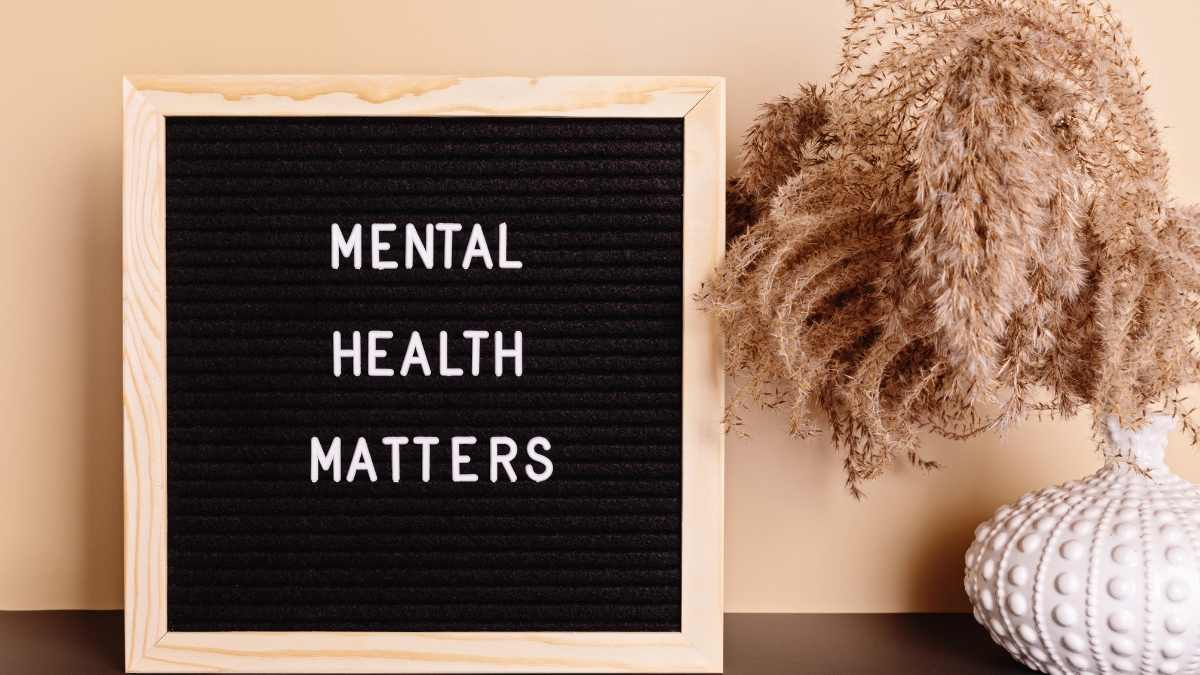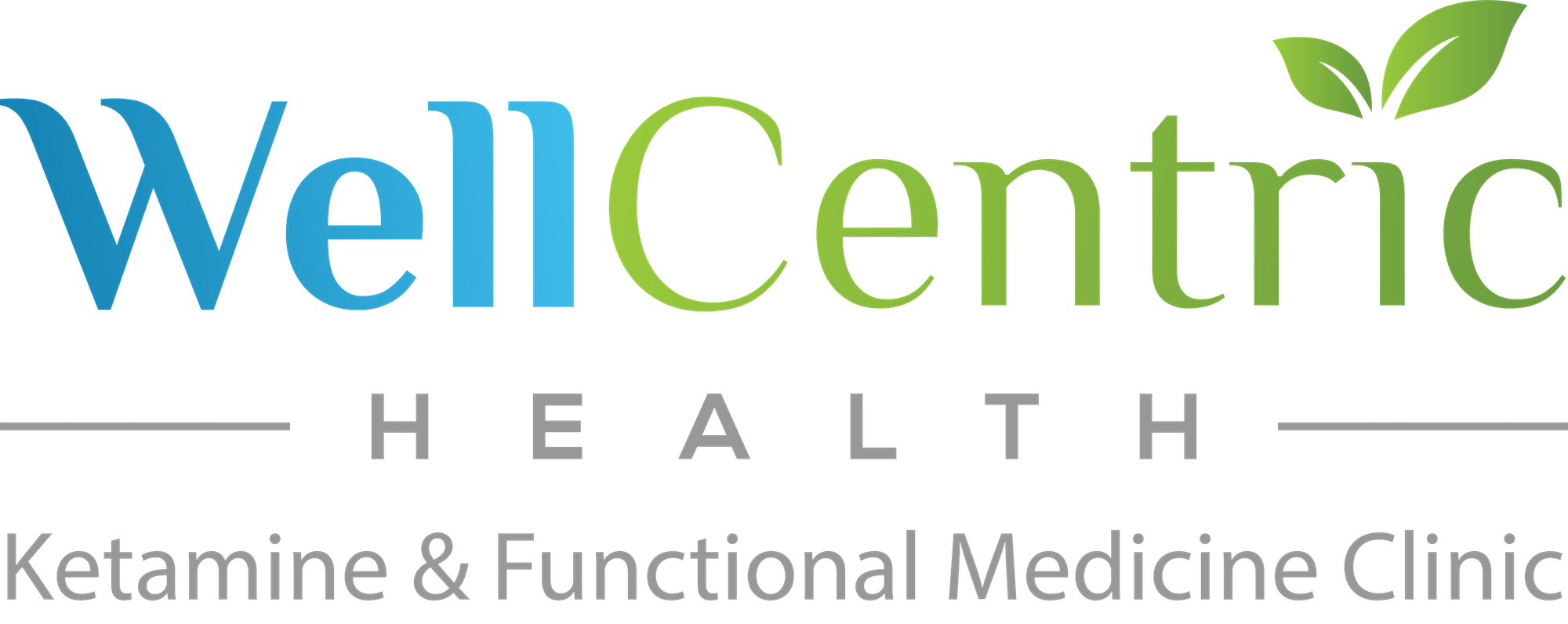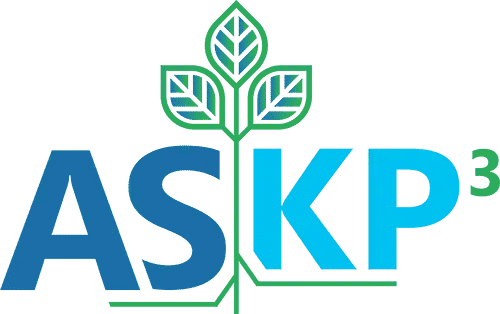July 15, 2022
Transforming America’s Approach to Mental Health: Dial 988 For Help
Find the original article, How 988 Will Transform America’s Mental Health HERE.
In 2020, 45,979 Americans died by suicide, making suicide the 12th leading cause of death in the US. Additionally in 2020, there were an estimated 1.20 million suicide attempts.
These numbers are tragic, but expected to improve as America takes a huge step towards better healthcare.
As of July 16th, 2022, anyone in America can now dial only 3 digits to receive immediate, free, and confidential help during a mental health emergency. Enter, 9-8-8.
Most Americans don’t address mental health because they are afraid or discouraged from getting help, or simply don’t know how to get it. By making access to help during a mental health crisis free, and as simple as dialing 3 numbers, Americans are encouraged to begin to address their mental health during a crisis. This easy access to professional help offers a convenient, confidential solution without the previous stigma that has surrounded receiving help.
According to the National Alliance on Mental Illness, nearly half of the 60 million adults and children living with mental health conditions in the U.S. go without any treatment. Imagine if half the Americans who broke a leg never got any treatment at all.
Step 1 Towards Improving Mental Health
One of the many misunderstandings about mental health issues, including depression, is the idea that talking about the issues will make them worse. Research has shown that this is not the case, and in fact the opposite is true: simply talking about mental health is the most important first step towards making improvements.
In fact, the majority of people who do call a lifeline are significantly more likely to feel relieved and more hopeful after speaking with someone. Additionally, the majority of people who do attempt suicide and survive, ultimately do not die by suicide at a later date. In other words, people who attempt suicide often regret even trying. What a difference it could make if the people who were not so lucky had taken a moment to dial for help.
Offering 988 is a great start towards opening up the conversation about mental health. To continue to de-stigmatize these issues, Americans are encouraged to continue to share their stories and talk about mental health with friends and family. Let’s make taking care of mental health as routine as getting an annual physical.
Step 2: Tell Everyone About 9-8-8
Everyone already knows to call 911 in an emergency without needing to Google the firefighter helpline in the middle of the night. Being able to dial a three-digit number when you’re experiencing a mental health emergency should become as natural as dialing 911.
For every person who dies by suicide, 316 people seriously consider it. That’s more than 13 million people who seriously consider taking their own lives, yet only about two million call the existing ten-digit National Suicide Hotline.
There is a lot of work to be done to ensure that every American knows about 9-8-8 and is willing to reach out if they ever need it. Please help spread the word as much as possible until this is a household number that individuals automatically know to call when they are experiencing a mental health crisis.
How Does 9-8-8 Work?
Once you call 988, you’ll be connected to the best resources available to address your specific needs. Veterans, for example, are about 1½ times more likely to die from suicide than nonveterans. They should be talking to other veterans or people specifically trained to cater to their unique challenges.
It’s also important to note that every 988 call is completely confidential. Nobody will send anyone to your door unless you ask. Experience has shown that simply talking to a trained professional saves thousands of lives every year.
A call to 988 when you or a loved one is in crisis can save a life. Talking about mental health care over the dinner table might just save even more. We need more Americans to realize that having a mental illness is no different than breaking a leg: you need to get help, and if you do, you will get better. Help us share this powerful truth to every American.






